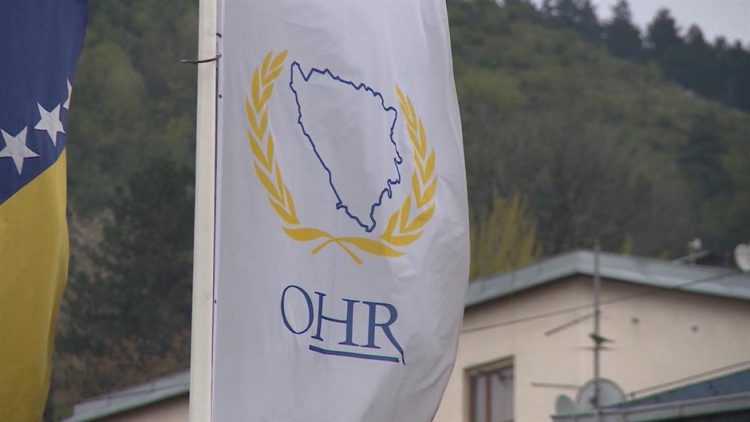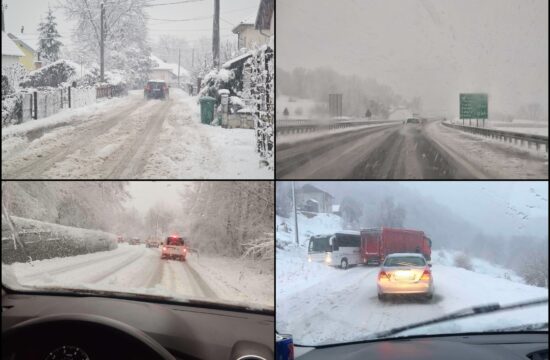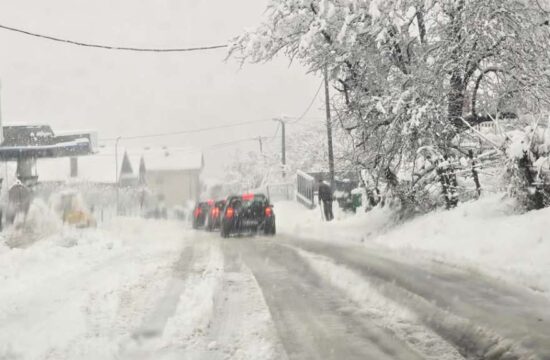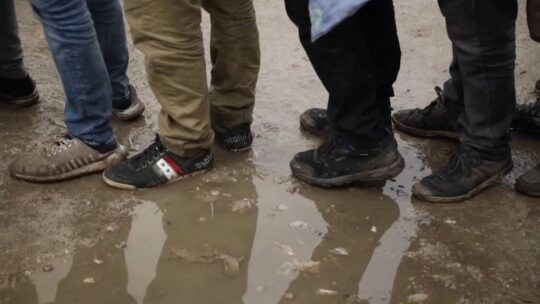
Bosnia and Herzegovina is a sovereign state that consists of two entities, which the State Constitution clearly defined, the Office of the High Representative (OHR), a top international authority in the country told N1 in response to the latest declaration of the main Bosniak party, the SDA, which set the reorganisation of the country's structure as one of the top priorities.
“The Steering Board of the Peace Implementation Council is constantly reaffirming its clear commitment to territorial integrity of Bosnia and Herzegovina and its fundamental structure as an integral, sovereign state, which consists of two entities, as determined by the Constitution,” said the OHR, the institution which oversees the implementation of the Dayton Peace Agreement (DPA), a peace treaty that ended the 1992-95 Bosnian war and contains the country's Constitution.
“Bosnia and Herzegovina is not the state union, its two entities legally exist only on the grounds of the Constitution of Bosnia and Herzegovina. Every change of internal organisation of Bosnia and Herzegovina must be adopted in line with the procedures foreseen by the Constitution, which requires broad support within the political spectrum of Bosnia and Herzegovina including all constituent peoples,” the OHR said for N1.
More than 1,200 members of the Party of Democratic Action (SDA) gathered on Sunday to elect its leadership and discuss a declaration that outlines the main party's goals in the upcoming period.
Bakir Izetbegovic was re-elected the party leader and the members adopted the proposed Declaration, which among other things sets the formation of “a democratic, regionalised, lawful and social state under the name of Republic of Bosnia and Herzegovina” as one of the main long-term goals.
But those goals significantly differ from what was agreed in the DPA, which ended the war and divided the country along ethnic lines into two semi-autonomous regions, the Federation (FBiH) shared by the Bosniaks and the Croats, and the Republika Srpska (RS) dominated by the Serbs.
The three major ethnic groups share the power at the state level of authority.
SDA's Declaration also triggered fierce reactions in the RS and among the Croat political leadership, which called it unacceptable.



